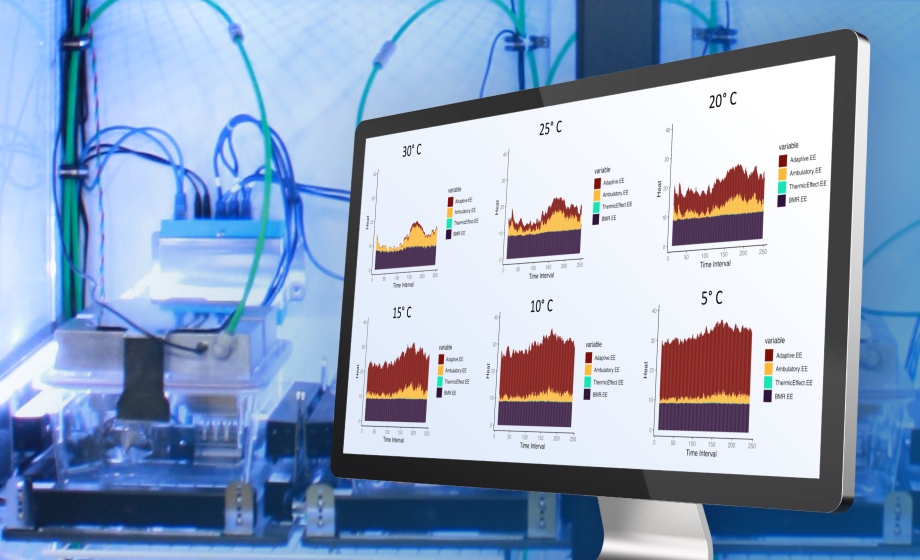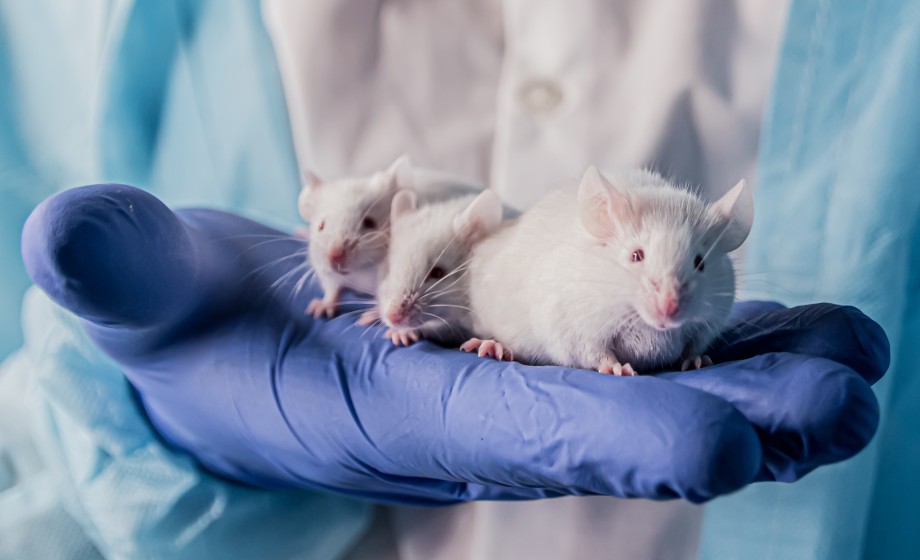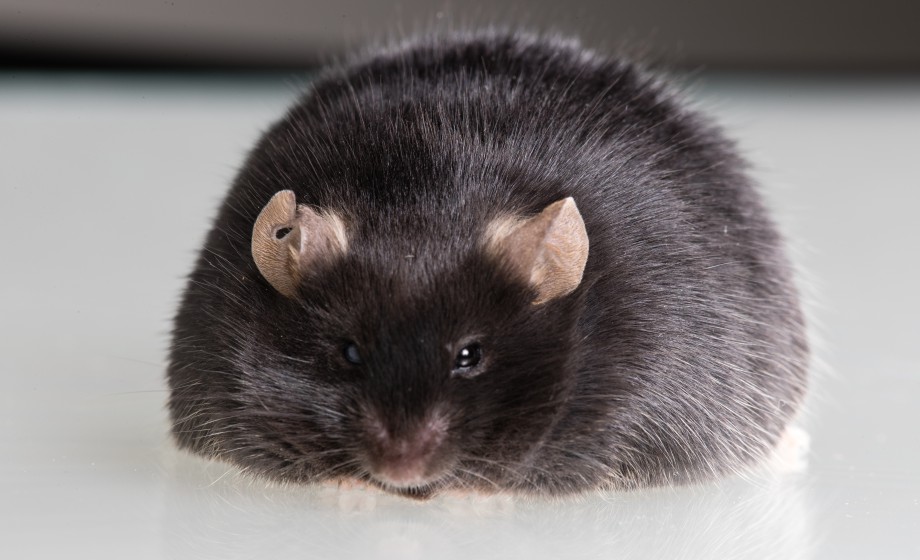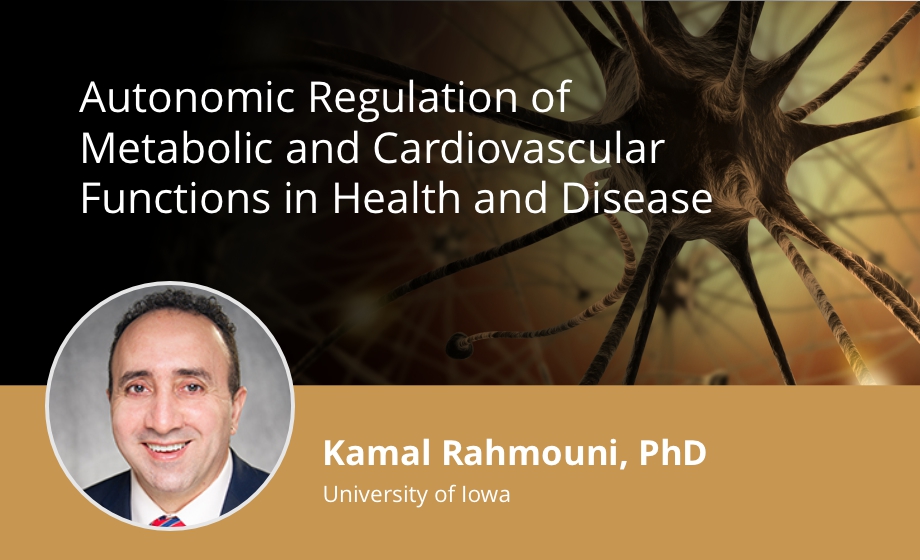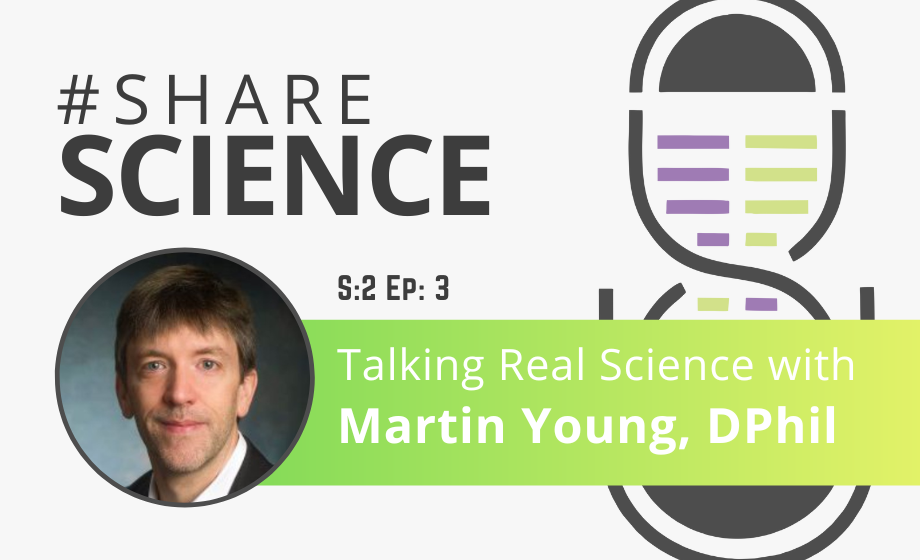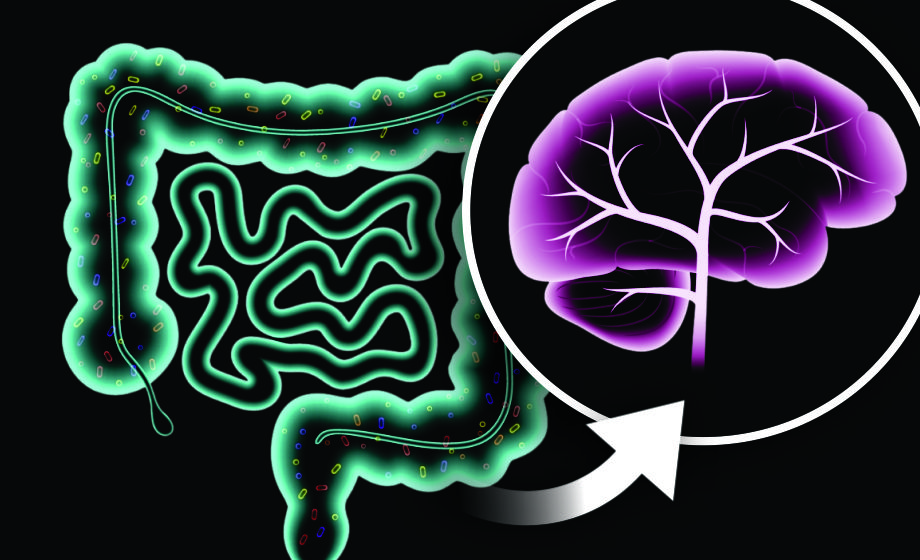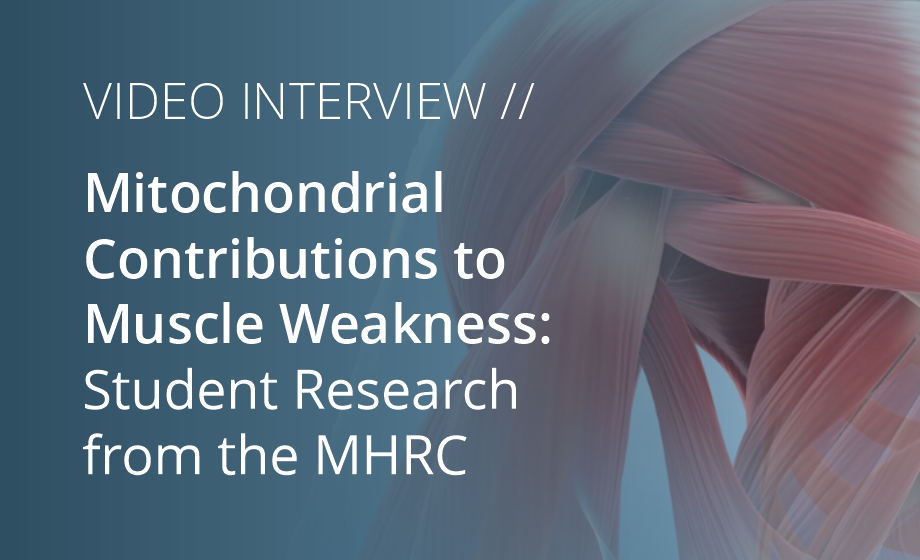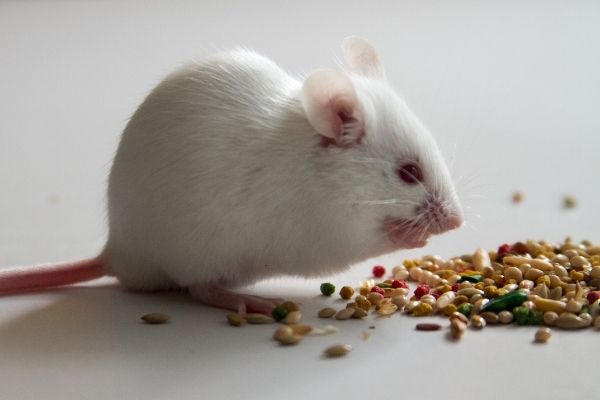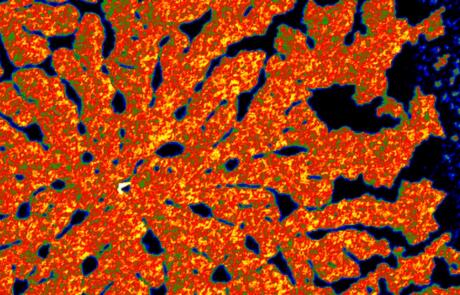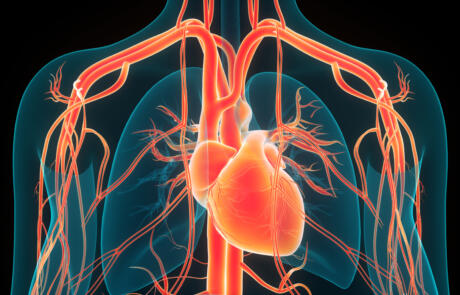Clambake: An Algorithm to Decode Energy Expenditure Data from Metabolic Cages
In this webinar, Dr. Jonathan Brestoff discusses his research on metabolism and a new method to quantify metabolic data known as Clambake.
More Than What You Eat: The Regulation of Metabolic Health and Aging by Diet Composition and Activity
Join Dudley Lamming, PhD to learn how the specific composition of dietary protein and exercise influence metabolic health and aging.
Exploring Estrogen’s Role in Metabolism and the Use of 13C-Labeled Nutrients for Advanced Animal Physiology and Nutrition Research
In this Q&A, Dr. Reilly Enos and Dr. Levin answer questions about their research focused on estrogen signaling in obesity and metabolism in insect models, respectively.
Control of Muscle Glucose Uptake in vivo: Thinking Outside the Myocyte
In this webinar, David Wasserman, PhD provides a more complete understanding of muscle glucose uptake through consideration of the integration of physiological systems that control this process.
Exploring Estrogen’s Role in Metabolism and the Use of 13C-Labeled Nutrients for Advanced Animal Physiology and Nutrition Research
Dr. Reilly Enos and Dr. Eran Levin discuss estrogen's metabolic impact and how isotopic labeling and 13C-labeled nutrients can be used for animal physiology and nutrition research.
Impact of Sleep and Circadian Disruption on Human Health and Disease Risk
Join Josiane Broussard, PhD as she explains the links between sleep and circadian disruption and cardiovascular and metabolic health.
Autonomic Regulation of Metabolic and Cardiovascular Functions in Health and Disease
In this webinar, Dr. Rahmouni presents his research on the fundamental processes mediating autonomic nervous system control of energy homeostasis and cardiovascular function in health and disease.
A Breath of Not-So-Fresh Air: the Combined Effects of Air and Noise Pollution
While air and noise pollution have been well documented independently, their combined effects are insufficiently discussed, until recently. In this blog post, we discuss a recent publication from Kuntic et al. on the combined and individual effects of these pollutants in mice.
Talking Real Science with Martin Young
Martin Young shares his career path, background, and the influence and guidance he has received from through generations of scientific mentorship.
Talking Real Science with Martin Young
This episode of Share Science features Dr. Martin Young, a professor of medicine at the University of Alabama at Birmingham. In this interview he shares his journey into cardiac metabolism and chronobiology as well as some notable mentors that helped him along the way.
The Blues & the Browns: Links between Depression and Gut Microbiota
Recently, Radjabzadeh et al., identified 13 genera of gut microbiota that have been implicated with symptoms of depression.
#ExpertAnswers: Dudley Lamming on the Influence of Sex and Genetic Background on Diet
Dudley Lamming, PhD, explains that “We Are More Than What We Eat”; Sex and Genetic background are important factors in observing responses to diet in mice.
A Novel Ingestible Biosensor for Intestinal Metabolite Monitoring
De la Paz et al. have developed an ingestible, self-powered, and wireless biosensing capsule that can hopefully be used for the noninvasive diagnosis of gastrointestinal disorders in the future. Recently published in Nature Communications, the authors demonstrated how its real-time performance in a porcine model, which we summarize in this post.
#ExpertAnswers: Dennis Turner on the Metabolics of Dementia
Dennis Turner delves into dementia syndrome, the metabolic changes that occur, and the importance of proper physiological monitoring of animal models.
Strategic Approaches to Age-Related Metabolic Insufficiency and Transition into Dementia Syndrome
Dr. Dennis Turner answers top questions from a recent webinar, "Strategic Approaches to Age-Related Metabolic Insufficiency and Transition into Dementia Syndrome".
#ExpertAnswers: Jonathan Brestoff on Energy Expenditure
Jonathan Brestoff explains how energy expenditure can be better described thanks to a new bioinformatic algorithm known as Clambake.
Is DNA Vaccination the Future of Type 1 Diabetes Prevention and Management?
Given the fact that type 1 diabetes can vary considerably between individuals, a precision medicine-based therapeutic approach could revolutionize clinical care. Earlier this year, Postigo-Fernandez et al. evaluated a precision medicine approach to DNA vaccination in a mouse model of type 1 diabetes, which we review in this blog post.
Mitochondrial Contributions to Muscle Weakness: Student Research from the MHRC
The Muscle Health Research Centre (MHRC) is one of Canada's leading innovators in muscle physiology research. In this blog post, we continue our series of interviews with student researchers at the MHRC and learn more about their research objectives, findings, and goals.
We Are More Than What We Eat: Dietary Interventions Depend on Sex and Genetic Background
Dudley Lamming, PhD, explains how sex and strain type are highly important factors in observing responses to dietary interventions in mice.
Strategic Approaches to Age-Related Metabolic Insufficiency and Transition into Dementia Syndrome
In this webinar, Dr. Dennis Turner delves into dementia syndrome, the metabolic changes that occur, and the importance of proper physiological monitoring of animal models.
Does Diabetes Promote COVID-19, or Does COVID-19 Promote Diabetes?
During the COVID-19 pandemic, many of those living with diabetes were required to follow strict guidelines to protect themselves against infection as they were at high risk of morbidity and mortality. This blog takes a look at the links between angiotensin-converting enzyme 2 (ACE2) expression and diabetes, as well as incident diabetes and long COVID.
#ExpertAnswers: Junseok Son on Maternal Exercise and Neonatal Health in Mice
Junseok Son discusses his maternal exercise protocol and its effects on neonatal metabolic health in mice.
Recent Advances in Anti-Obesity Pharmacological Research
A review of current obesity treatments and their limitations, the need for animal models in obesity research, and emerging anti-obesity medications including incretin-based therapies, mitochondrial uncouplers, and various phytochemicals.
Application of Treadmill Exercise Using Mice as a Model for Studying the Influence of Maternal Exercise on Offspring Metabolic Reprogramming
Join Dr. Junseok Son for a discussion on how a maternal exercise of mice protocol can aid in explorations of the beneficial effects of exercise on neonatal health.
Fine Tuning Nutrient Intake Timing for Cardiac Health
Martin Young, DPhil, provides answers to the top questions from his presentation on fine tuning nutrient intake timing for cardiac health.
